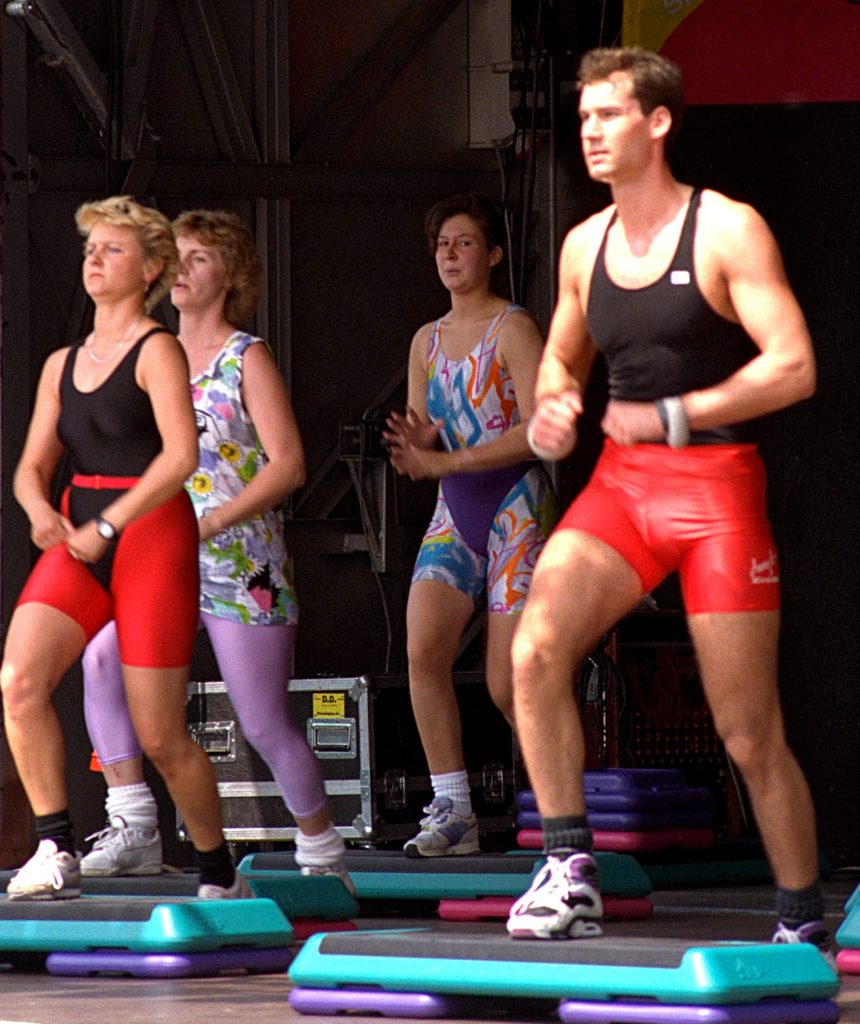Are You Feeling Burned Out or More Likely Stressed?
Are you burning yourself out? What happens when we are continuously “burning the candle at both ends” until we reach physical and emotional exhaustion? Just like the candle itself, we risk burning ourselves out.
Stress has become one of the most serious health issues of the 20th century worldwide; therefore, it is time to start growing our tools in handling stress. Some of the most common tools are stress-management workshops and various activities you can do.
These are some activities that have been proven to help manage stress:
3 Activities to Help Manage Stress

1. Nature Effect
Studies have shown that the simple act of getting out into an open space—parks, fields, woodlands, seashores—can provide relief to stress.
2. Exercise
We are all aware of the physiological rewards of exercise, but the psychological benefits are equally impressive.
Studies have shown the even modest levels of physical activity, if performed regularly, provides ongoing support for mental wellbeing, a growth mindset, and reduced levels of stress. You do not need extreme exercise programs to be effective.
Exercise has been found to improve people’s moods, reduce stress, and increase optimism, self-belief, and resilience as well.
Here is a great way to inspire you to start exercising with these Mindful Running and Exercises:
 Mindful Running
Mindful Running
With mindfulness being about “bringing our attention back into the here and now,” mindful running sees us applying this concept to our run.
Being mindful involves paying attention to our breath and physical sensations, as well as how our emotions and thought processes are responding. This means you should concentrate on the physical sensations that you can control when you’re running. This includes your breath, but also your posture, gait, where you look or focus while running, and your overall form.
Mindfulness helps us to keep the focus on the exact moment we’re in and bring our attention to the moment at hand.
6 Tips for a Mindful Run
These are a few tips recommended by Chevy Rough and Charles Oxley, ASICS Sound Mind Sound Body coaches, for a mindful run:
- Release yourself from external distractions and daily pressures.
- Really listen to your body: your breathing, your postures, and your senses.
- Use your breath to aid you. Mouth breathing is related to stress responses, so try to focus more on breathing through your nose.
- Connect with memories associated with your body, past injuries or experiences relating to running. This can help you create deeper internal connections.
- Keep the internal conversation between you and your body, not societal expectations.
- Don’t worry about anchor points, timings, tracking devices, instead, just listen to your body.
 Mindful walking
Mindful walking
A mindful walk out in nature can have equally promising health benefits as mindful running. Studies have showed that a break in nature can have a rejuvenating effect on the brain.
Meditation combined with walking has also been shown to improve states of anxiety.
Incorporating a mindful walk as a daily habit can help bring a greater sense of self-awareness and reduce stress. A few tips to help you approach a mindful walk include:
- Bring your attention to your physical presence. Start at the top of your head and work your way all the way down to your toes. Focus on each of your facial features, your limbs, your back, and the abdomen. Notice the full connectedness of your body as you walk, and how every muscle is involved.
- Notice how your arms and legs move as you walk, the feeling of the ground as you lay each foot down and move forward.
- Bring your mind to your breath, feel it as you inhale and draw each breath deep into your lungs, feeling your ribs expand. Slowly exhale.
- Engage all of your senses as you walk: what can you see, smell, hear and taste? How does the air feel against your skin?
Don’t worry if your mind becomes distracted. Don’t try to push the thoughts away. Allow them to enter your mind and gently let them go, bringing your mind calmly back to the present moment.
 Mindful workout
Mindful workout
When running or walking, we let our minds wander while our body does its thing. Instead of zoning out in a mindful workout, we draw our mind back to the physical activity and focus on connecting the two back together.
A mindful workout involves paying attention to the flow that happens in our body when we’re exercising, and the unity that exists between mind, body, and breath.
3 Tips for Mindfulness Exercising
Here are 3 tips to help you create a more grounded practice of mindfulness when exercising:
- Prepare your mind before your body
Take the time to bring your mind to a neutral state before beginning your exercise regime. A few minutes of deep breathing should help to clear your mind, ready for your warm-up.
- Create a purpose every time you exercise
This could be anything from working out for a set amount of time or focusing on a specific muscle group, to increasing your energy for the day or reducing stress. Your end goal can be weight loss but all these other purposes can help you keep your focus towards your goal.
- Bring attention to your breathing
When your mind starts to wander, bring your attention back to your breathing. Focus on the inhalation, through your nose, and exhalation. Feel your breath move through your body and out again.
3. Mindful Movement

By replacing, or combining, some of our everyday car journeys, we can use walking to become fully present in our day to day lives and improve mental health.
Studies have showed that combining walking with relaxation techniques is a great way to reduce levels of stress.
Mindful walking combines the benefits of exercise, nature, and mindfulness.
Its goal is not the destination of the walk, but to build an awareness of the moment. Pleasant and unpleasant bodily sensations —such as muscle soreness—are merely observed without opinion and let go.
Here is a Mindful Walking Script you can follow.









![Who Am I – [Oprah & Chopra Desire and Destiny Meditation Experience]](https://www.forevernaturalwellness.com/wp-content/uploads/2017/07/who-am-I-150x150.jpg)
![Rags to Riches – Part 1 [Law of Attraction Success Story]](https://www.forevernaturalwellness.com/wp-content/uploads/2017/07/rags-to-riches-150x150.jpg)




